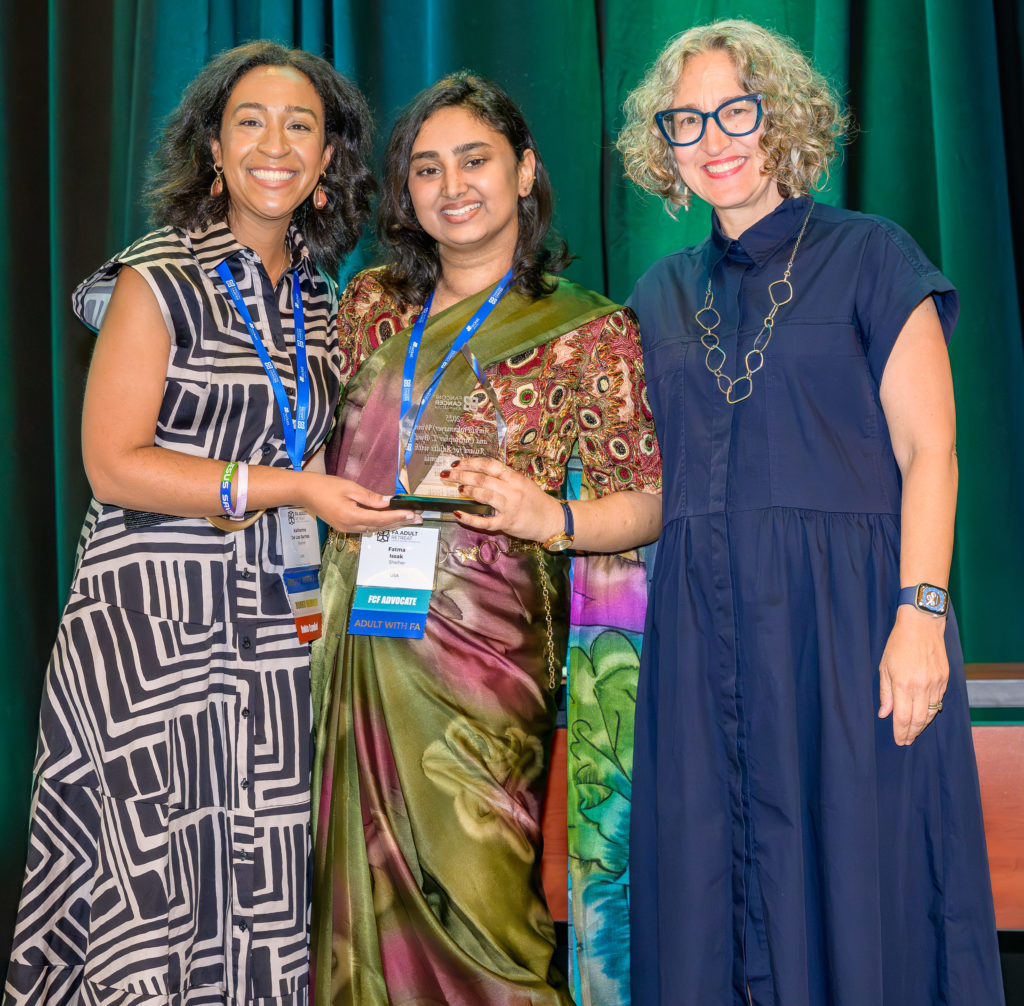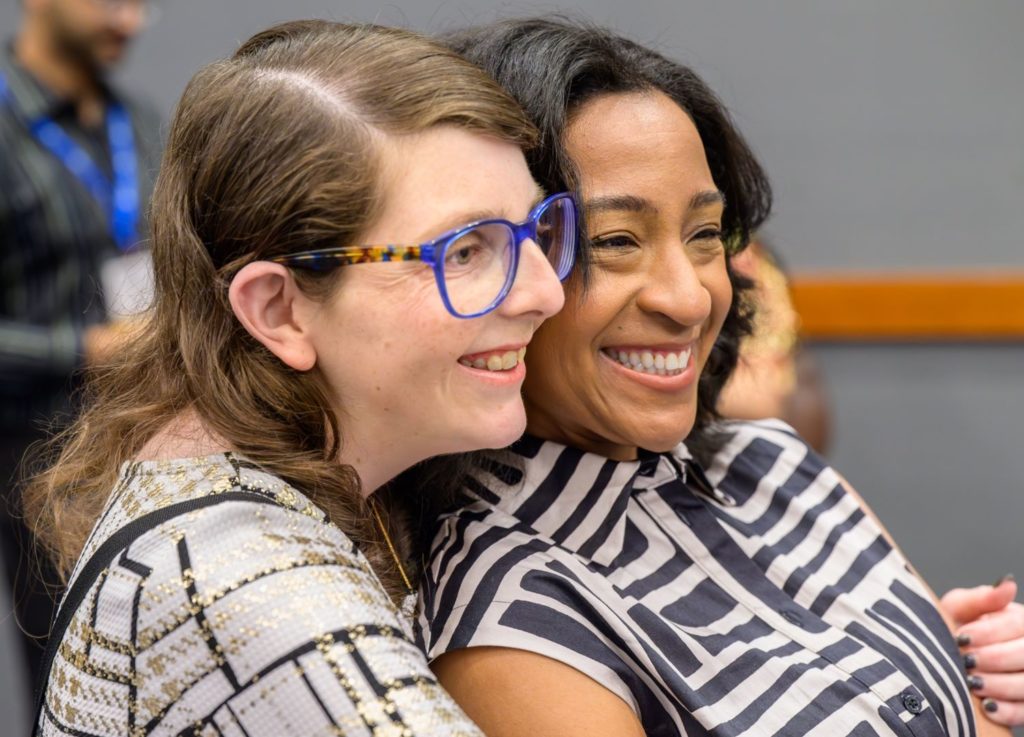Research study is open to participants worldwide to advance understanding and treatments for the rare disease Fanconi anemia, diagnosed and confirmed through a combination of clinical findings and genetic analysis
Eugene, OR, September 2019 — Today the Fanconi Anemia Research Fund (FARF) and the National Organization for Rare Disorders (NORD) launched the largest-ever study to research Fanconi anemia (FA), a patient-driven natural history registry that will result in a wide variety of clinical findings. Fanconi anemia currently has no cure.
The new study, ‘An observational study in Fanconi Anemia’, creates a platform for patients around the world to share information about their experiences living with Fanconi anemia. Its purpose is to build an international resource to be used by scientists in future research and clinicians in future treatment.
“Our goal is to find better treatments for people with Fanconi anemia so they can live better and longer lives. The registry is vital to achieving this. The first step is to enroll as many patients, or their parents or legal guardians, as possible,” said Sudhir Borgonha, FARF Translational Science Director. “The success of the registry is dependent upon community participation.”
To help drive awareness and participation, FARF will inform the patient community through its website, email and telephone communication, social media announcements and announcements at FARF-sponsored patient meetings.
The FA registry is a natural history study that consists of electronic surveys to collect information about the patient experience and disease progression. Patients, or their caregivers or guardians, can enter information from anywhere in the world. The data is made anonymous and stored securely in an online portal. The Fanconi Anemia Research Fund may share the data with individuals or institutions conducting research or clinical trials, as approved by the study’s governing board, which includes scientists, doctors, and patient advocates.
FARF is launching the study in collaboration with the National Organization for Rare Disorders, an independent charity that built its natural history study platform as part of its mission to help identify and treat 7,000 rare diseases. FARF is a member of NORD and the organizations work together to eliminate the challenges that rare disease patients face.
“Patient-powered registries are changing the landscape of rare disease research,” said Vanessa Boulanger, NORD’s Director of Research Programs. “By building strong partnerships within the community and with leading scientific experts, NORD’s Registry Program is well-positioned to address knowledge gaps and accelerate the development of discoveries that save lives. We are so pleased to welcome the Fanconi Anemia Research Fund as a partner in our IAMRARE™ Registry Community!”
Fanconi anemia is a rare genetic disorder that occurs in approximately one out of every 131,000 people in the United States. It is a DNA-repair disease that affects all systems of the body and may lead to bone marrow failure, leukemia, and/or cancer. People with FA are hundreds of times more likely than others to develop cancer, and at a much younger age.
###
About the Fanconi Anemia Research Fund
The Fanconi Anemia Research Fund is a nonprofit organization whose mission is to find better treatments and a cure for Fanconi anemia and to provide education and support services to affected families worldwide.
FARF is the world leader in advancing research for better treatments and a cure for Fanconi Anemia. Founded in 1989 by parents of children born with FA, FARF has supported 244 grants to 74 institutions and 155 investigators worldwide. Over the last 30 years, FARF has funded $24 million in research grants.
About National Organization for Rare Disorders (NORD)
The National Organization for Rare Disorders (NORD)® is the leading independent advocacy organization representing all patients and families affected by rare diseases. NORD is committed to the identification, treatment and cure of the 7,000 rare diseases that affect 30 million Americans, or 1 in every 10 people. NORD began as a small group of patient advocates that formed a coalition to unify and mobilize support to pass the Orphan Drug Act of 1983. For more than 30 years, NORD has led the way in voicing the needs of the rare disease community, driving supportive policies and education, advancing medical research, and providing patient and family services for those who need them most. NORD represents more than 250 disease-specific member organizations and their communities and collaborates with many other organizations in specific causes of importance to the rare disease patient community.
Media Contact:
ForFanconi Anemia Research Fund: Sherri Van Ravenhorst, sherri@fanconi.org.
For NORD: Laura Mullen, lmullen@rarediseases.org.




